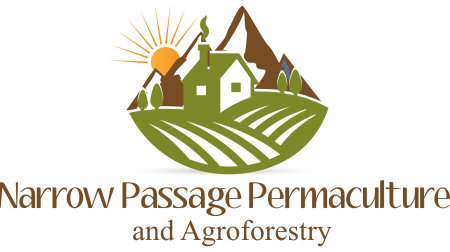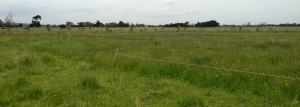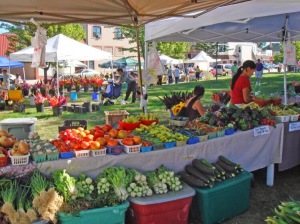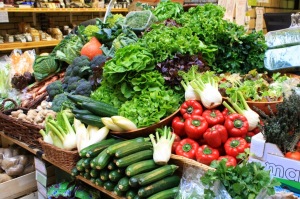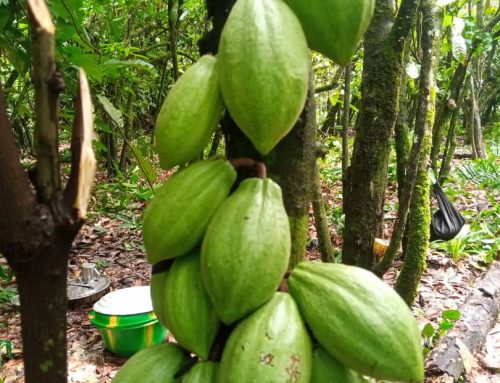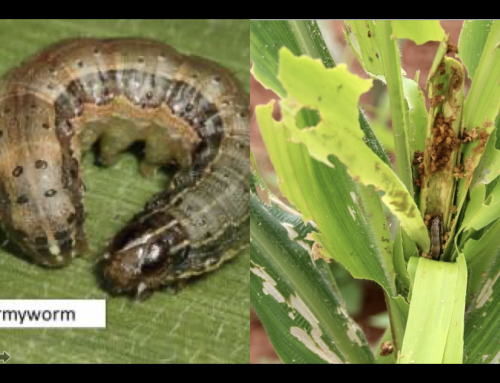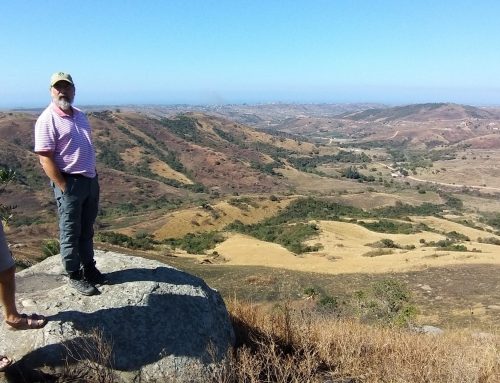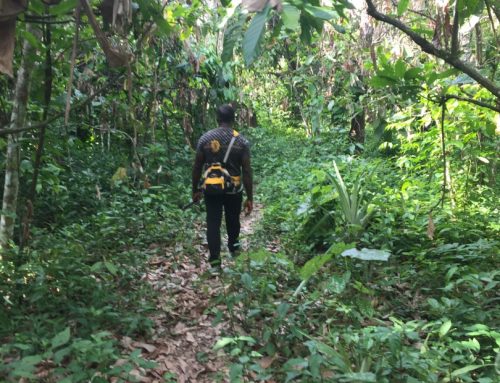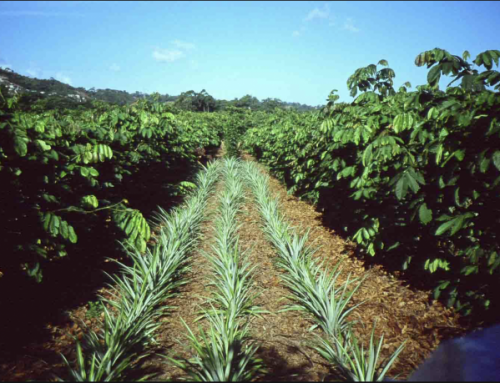Permaculture Ethics
From Webster’s 1828 dictionary:
ETH’ICS, n. The doctrines of morality or social manners; the science of moral philosophy, which teaches men their duty and the reasons of it.
A system of moral principles; a system of rules for regulating the actions and manners of men in society.
Permaculture is an Ethical Design Science
From Geoff Lawton’s PDC course notes:
“Without ethics in science, industry and human behavior, what we’ve created in history and the problems of the present will continue. We need ethics as a way to guage behavior. The ethics all link together and are the intention of Permaculture.”
The three permaculture ethics are:
Care of the Earth – this includes all living and non-living things, land, water, animals, air etc. for example, growing our food in a way that builds soils (such as paddock shift grazing) instead of causing erosion is an example of the first ethic.
Photo from Permies.com
http://www.permies.com/t/18964/a/7065/PaddockShiftDoglegAfter.jpg
Care of People – to promote self-reliance and community responsibility.
We are to grow food that is nutrient rich and builds health. We should enable people so that they can grow their own food and take responsibility for their communities.
Return of Surplus – to pass on anything surplus to our needs for the aims above.
Food scraps go back to livestock or compost. Extra food can be given away or sold to provide funds for other needs.
Bill Mollison’s Permaculture Design Manual begins with:
“Permaculture is about design, values, ethics and a personal responsibility for earth care… Prime directive of permaculture – the only ethical decision, is to take responsibility for our own existence and that of our children.”
I have always considered myself to be a bit Conservative or even Libertarian of political thought…certainly not on the bandwagon of global warming fear mongering or wanting the industrial complex of our modern society to come to a screeching halt in favor of a machine-less world.
Yet, regarding the ecology of our planet, it is obvious that current methods of factory food production are neither sustainable nor producing food that is of optimal health and nutrient value. The rate that we are losing topsoil in the monocrop fields of the Midwest is cause for alarm. The system that is used to grow much of our food requires great inputs of water drawn from depleting aquifers as well as chemicals that are petroleum based and require genetically altered plants that accept pesticides, herbicides, and fungicides to be productive. The plants are bred with appearance and the ability to be shipped long distances in mind, instead of nutrition and flavor.
Food grown locally…even in yards of the consumer, may be the food production model of the future. In Cuba, the loss of petro based chemicals shipped from the USSR after it’s fall necessitated the people take responsibility for their own food production at the local level. As demand for food worldwide continues to grow as supply is becoming less resilient due to drought and loss of topsoil, the situation that Cuba was faced with may be faced by a much larger portion of the worlds population. And local grown food is of higher nutrition value, eaten fresh and grown without harmful chemicals and altered genetics.
In the book of Genesis in the Bible, God tells Adam and Eve to rule over creation as stewards, not wreck it. We have a responsibility to care for the earth as well as ourselves and others.
Permaculture methods of growing food not only produce a more nutritious food, food free of the biocide cocktail described above, but permaculture actually builds soil fertility and mass as it produces food in abundance.
